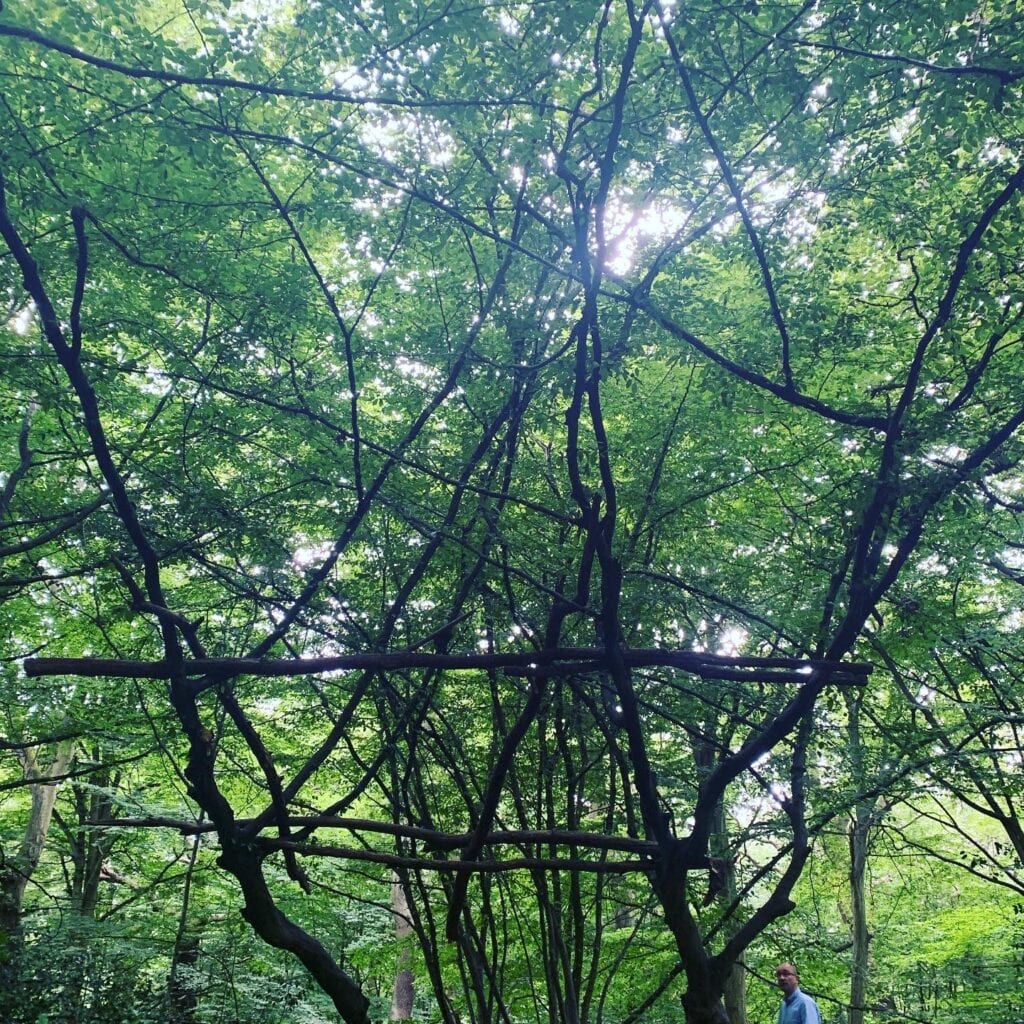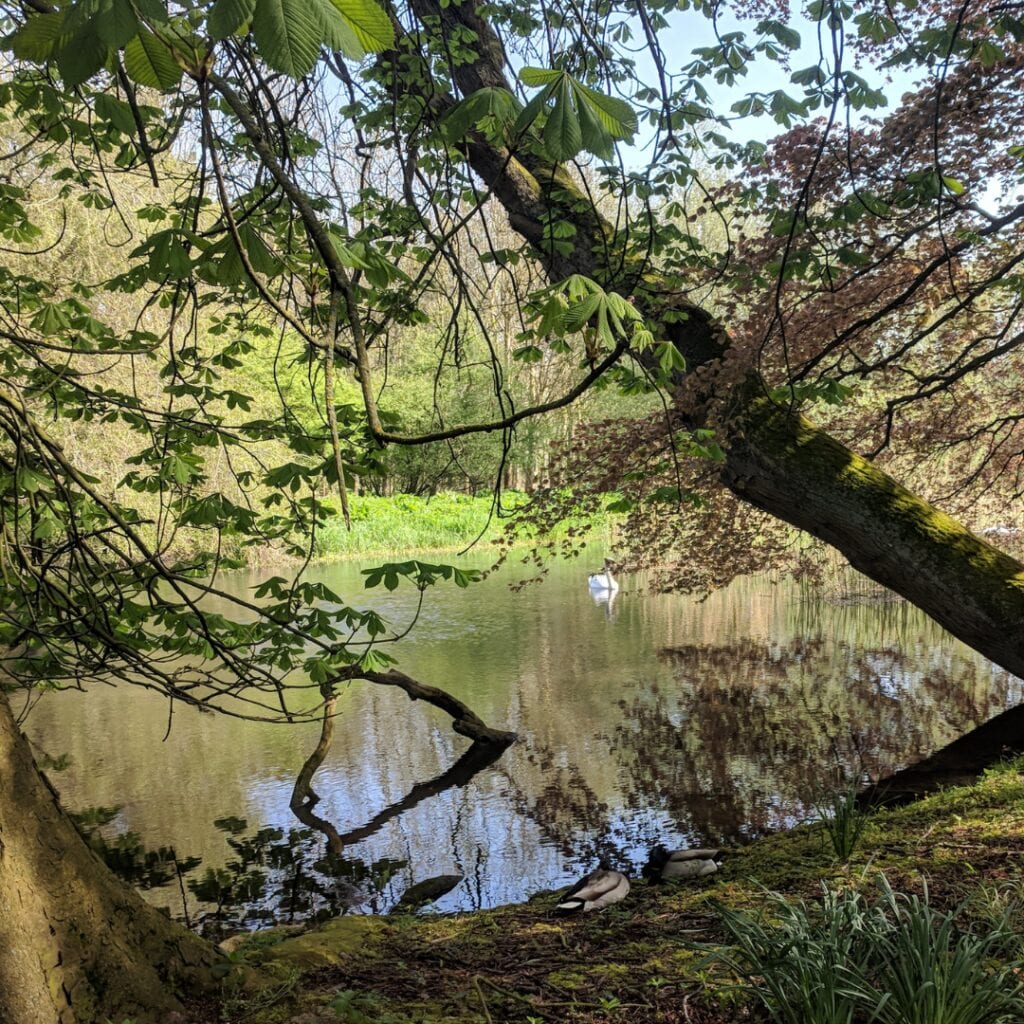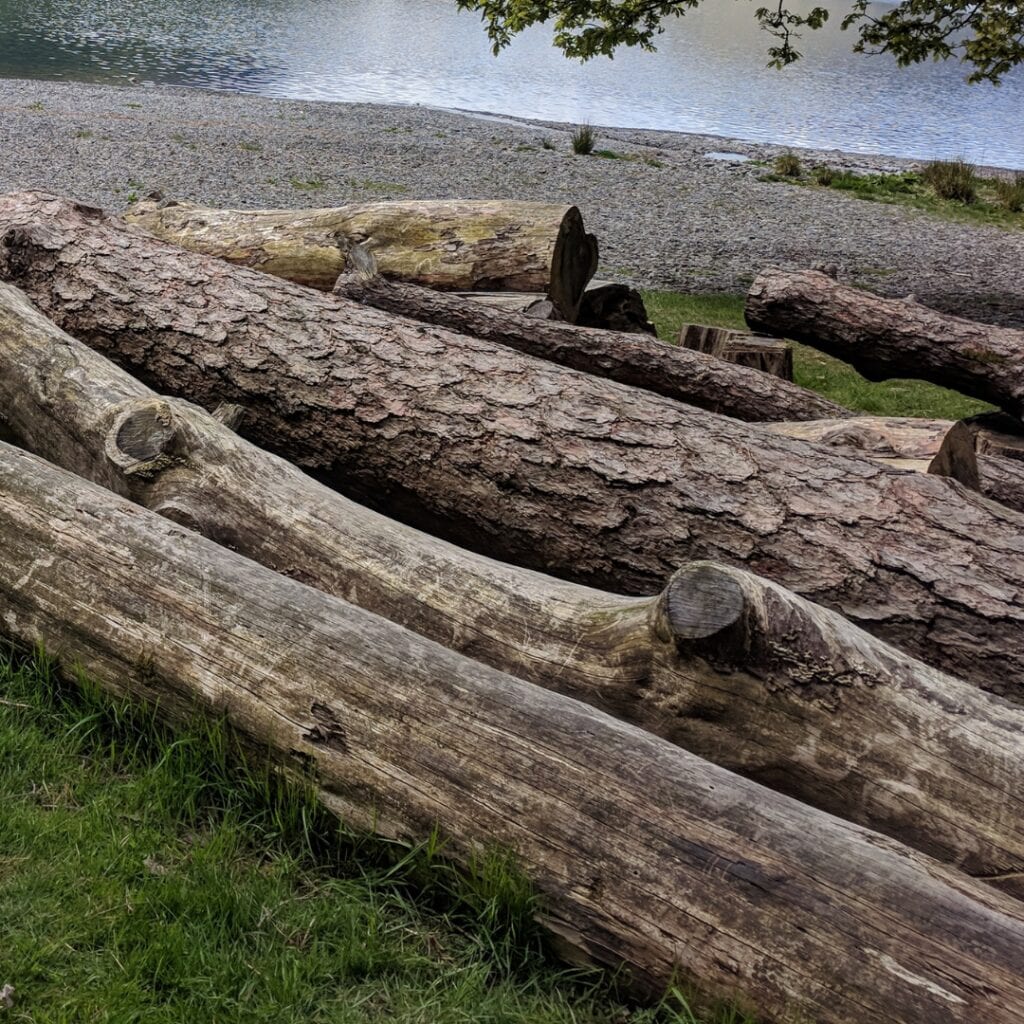- +44 (0)7495 828640
- Mon-Fri : 08:00 am - 19:00 pm
- [email protected]

Living with Uncertainty
Living with uncertainty
What is becoming increasingly certain is that we are living in an age of uncertainty. Whilst this isn’t a new phenomenon, it’s an issue that is currently impacting our wellbeing as we try to grapple with the pandemic and the heightened state of anxiety felt by all of us around the globe. What is also becoming apparent is that the pandemic is now evolving into being endemic, in other words the virus is constant with largely predictable patterns and is not going anywhere. Additionally, this is further complicated with global issues such as climate change. We are constantly bombarded with images, social media outputs and mainstream media reports of a disturbing future with potentially catastrophic outcomes for mankind. We need to think about ways that we can manage and cope with the fear and uncertainty that this inevitably brings so we can lessen any negative effects this may have on our mental health, relationships and community life.
Impact of uncertainty on our wellbeing
Some of the common ways uncertainty impacts our wellbeing include:
• Being unable to plan ahead in familiar ways, for example holidays, travel abroad, nights out, visiting family and friends. This can leave us feeling that there is nothing on the horizon to look forward to.
• Spontaneity in the way we lead our lives in work and social contexts has diminished largely by the introduction of social distancing, testing, mask wearing and other protocols which are part of the ‘new normal’. With the Omicron variant this is now more acutely felt.
• Increased anxiety levels as we constantly hear about the failings of governments and world leaders in tackling the pandemic and the climate crises. This may leave us feeling fearful and with a negative outlook on life.
• Worrying constantly can have a negative impact on our energy levels and physical health.
Tips for coping with uncertainty
1. ASKING THE RIGHT QUESTIONS:
One leading scientist suggests we need to ask ourselves the right questions. We need to shift our questions from when will this pandemic end to how can we live with and manage our daily lives with the pandemic? By reframing our thinking we move out of a state of limbo and helplessness to one of action and acceptance. This frees us to focus more on what we can do to mitigate the impact on our wellbeing giving us some agency and control over the situation.
2. MAKING UNCERTAINTY MORE SPECIFIC:
According to one study making our uncertainty more specific will help improve our ability to cope with it. If we allow ourselves to be overwhelmed by the bigger picture we may feel stuck. Start by compartmentalising what it is that is causing you to feel distress. Break it down into specific areas of your life; social, community, work, recreation and leisure. We can arm ourselves with practical information about ways to stay safe in all these areas and continue with the everyday things that bring us joy. For instance, following simple recommendations that we have all come to know such as washing hands, wearing masks, maintaining physical distance when required can all be embedded in our daily routines with the knowledge that these behaviours can help towards making a difference. Taking all the necessary precautions will still not guarantee that we will avoid getting covid and this applies to other aspects of our lives too. There are no guarantees but if we continue to focus on our daily routines, make realistic plans and factor in pleasurable activities we can counteract some of our uncomfortable feelings around uncertainty.
3. FOCUS ON WHAT YOU CAN DO:
By focusing on what we can do rather than what we cannot control creates opportunities for developing a new mindset of acceptance. Make plans for actions that are within your capacity. This is preferable to having to cope with constant disappointment at having to adjust our expectations. In essence everything we plan can be done with the understanding that last minute changes are to be expected. Ask yourself what you can do to manage your life in such a way that minimises the risks to yourself and others. By factoring this into our daily plans we build resilience and ultimately our capacity for new learning by finding novel ways to manage any obstacles. By concentrating on those behaviours within our control to make yourself and those around you safe we can collectively move towards reducing our fears. But, we must also try to overcome the urge to restrict our lives to such an extent that we limit opportunities to learn from new experiences. Try to vary your routine and places you visit. By taking small calculated risks we can build our tolerance levels, confidence and broaden our experiences.
4. ACKNOWLEDGE YOUR FEELINGS:
Feelings of powerlessness triggered by uncertainty can be specifically tackled by acknowledging our feelings rather than suppressing them. It also means giving ourselves permission to grieve for how things were and letting go of the past and what we could take for granted. We can then begin to develop and rely on our own coping mechanisms that help us to accommodate living with uncomfortable feelings. With every crisis there is opportunity for change and growth and it’s how we adapt to these changes that can help to reduce our collective anxiety. Studies that focus on positive coping behaviours indicate that getting involved with activities related to the uncertainty can help to reduce any feelings of stress. We are all familiar with the old adage ‘face your fears’. For instance, your fears concerning climate change can be galvanised into action by taking small practical steps to make your home and buying habits more green or sustainable. This does not have to involve spending more money (which will add to your stress) but aim to make changes that are within your control. Don’t be put off by the thought that what you are doing will make no difference to the bigger issues. Every little action counts towards collective actions. When we confront our fears around uncertainty by interacting at an individual or community level we foster positive feelings of belonging and involvement.
5. ‘PULL- THINKING’ MINDSET:
To borrow a term from organisational health ‘pull-thinking’ is a mindset that draws on our creativity to engage with the change that uncertainty brings. Instead of focusing on the negative factors, for example rules around social distancing, travel etc we can think about a creative project that distracts you from the limitations imposed by practical restrictions. Scientists around the world have responded to the pandemic as a ‘flipping point’ to prompt action to move from a state of fear and uncertainty to a state of inspiration that can bring about meaningful change, in this case by developing vaccinations and effective treatments. Years of dedication and patient research, plugging away at developing and honing their vaccination knowledge and technology became an opportunity to save lives. We too have spent a lifetime building incrementally on our past experiences, on our mistakes and success which means we have accumulated some resilience to be be able to tackle uncertainty. Step out of your comfort zone by doing something that challenges you. By doing so we tap into our resilience to generate behaviours that are proactive, expand our curiosity and re-invent the ways we go about our daily lives. Being a part of the solution and engaging with the challenges can help to reduce our anxiety.
THE FUTURE
We cannot predict what the future will hold but we can take some control by actively being kind to ourselves and setting realistic long-term goals by re-imagining our plans. Most importantly we need to look after our mental health by taking daily actions, no matter how small towards reaching our goals.
Resources and References
The Mental Health Foundation offers some good tips for moving through uncertainty.
Buheji, M. Optimising ‘Moments of Pauses’ – A Reflections from COVID-19, Pandemic, International Journal of Psychology and Behavioral Sciences 2020, 10(4): 85-92
Counselling can help with feelings of uncertainty.
To learn more email [email protected]
In-Person Thearpy
See a counsellor in our Bedfordshire centre
Online Therapy
Video counselling sessions
Nature and Walk and Talk Therapy
Learn more about ecotherapy and nature therapy here
Work Wellness
Corporate wellness workshops, presentations and coaching


